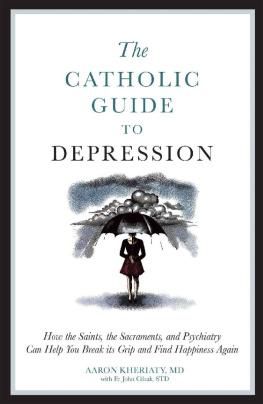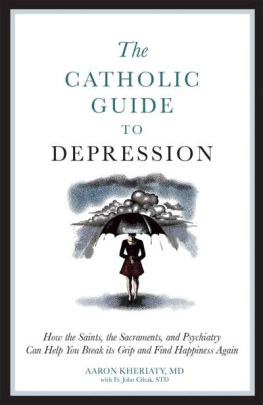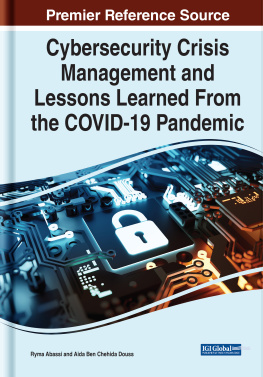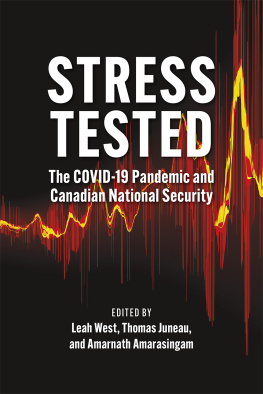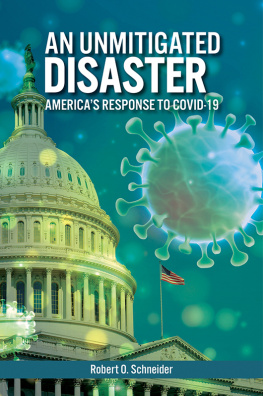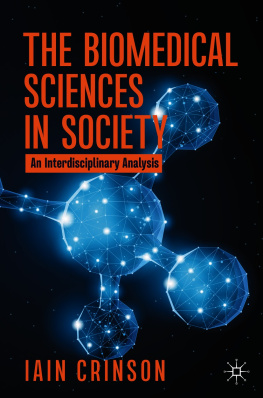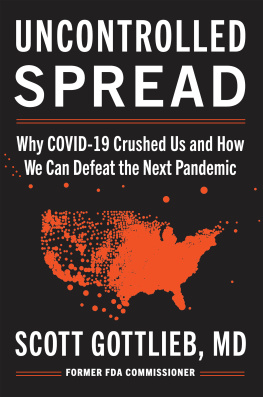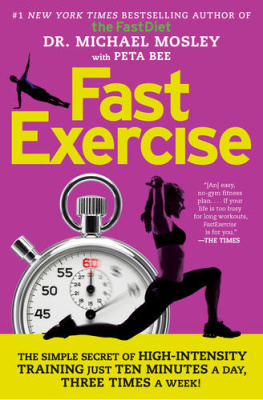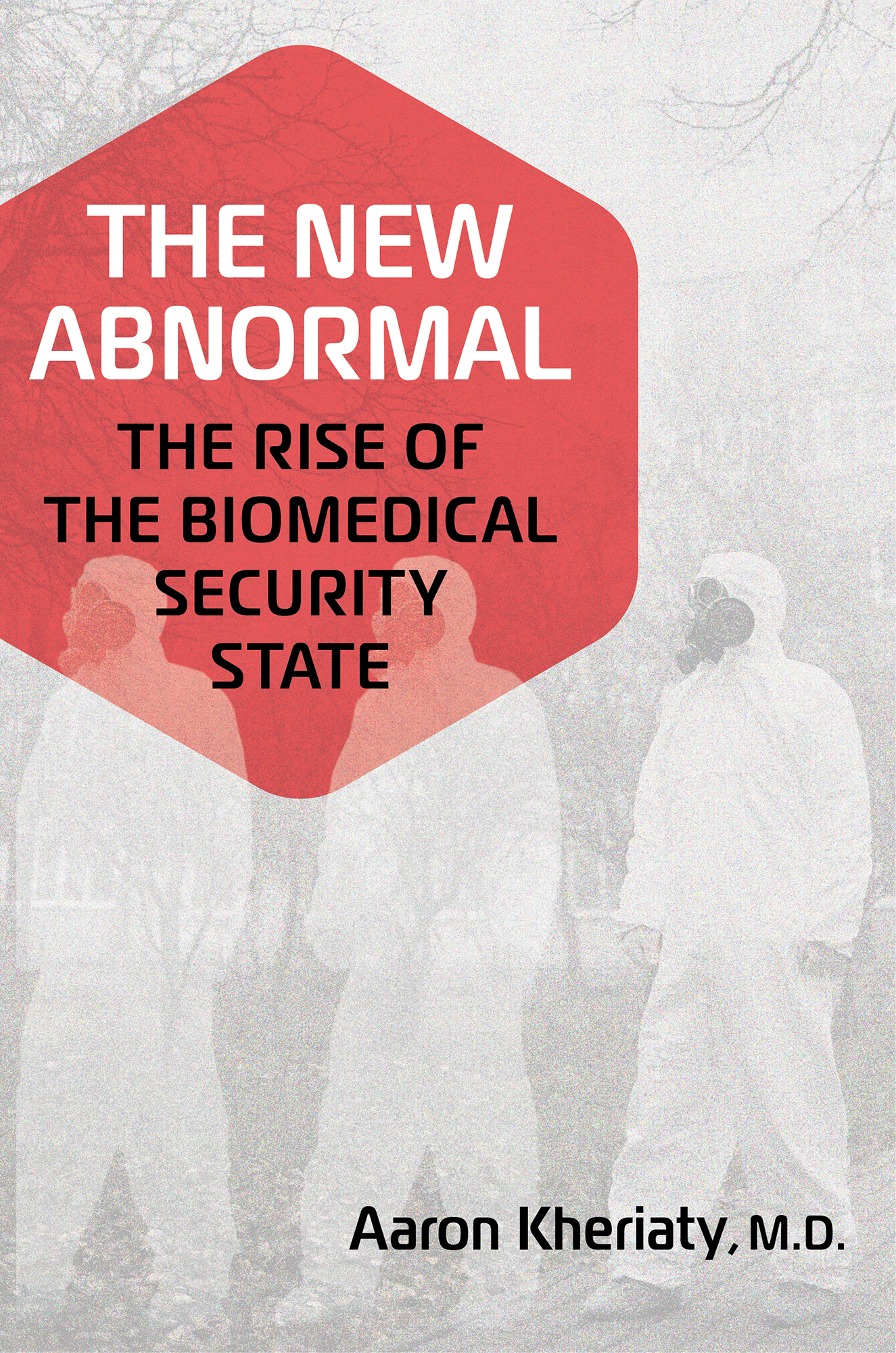CONTENTS
Guide
The New Abnormal
The Rise of the Biomedical Security State
Aaron Kheriaty, M.D.
Praise for The New Abnormal
Dr. Kheriaty documents how jumped-up technocrats abused power they never should have been granted and terrified people into surrendering their freedoms. The results of this malfeasance are both infuriating and ongoing. Fortunately, Kheriaty provides indispensable guidance for stopping an emerging biomedical security state from doing even more damage in the future.
MOLLIE HEMINGWAY, editor in chief of The Federalist, Fox News contributor, and author of the bestseller Rigged: How the Media, Big Tech, and the Democrats Seized Our Elections
Dr. Kheriaty exposes the role of the biomedical security state behind the global response to the covid-19 pandemic. He offers helpful philosophical, psychological, and medical insights into the rise to power of this sinister cartel.
ROBERT F. KENNEDY JR., author of The Real Anthony Fauci: Bill Gates, Big Pharma, and the Global War on Democracy and Public Health
In his brilliant new book, Aaron Kheriaty brings together the expertise of a seasoned medical scientist, the wisdom of a true philosopher, and the acuity of a keen political observer. The New Abnormal: The Rise of the Biomedical Security State is must-reading for anyone who wants to understand how we have gone so wrong, and what we need to do now to chart a more humane path forward.
RYAN T. ANDERSON, author of Tearing Us Apart and president of the Ethics and Public Policy Center
A sober reckoning is now upon us after the covid years. Dr. Aaron Kheriaty recounts how biomedical tyranny is born, his depiction amplified tenfold by descriptions of historys similar offenses against humanity. Kheriaty reminds us that there truly is nothing new under the sun. Maybe, just maybe, this time well heed that truth, remember, and change course. Our posterity deserves no less.
JUSTIN HART, founder of Rational Ground and author of Gone Viral: How Covid Drove the World Insane
This book is both a masterwork and clarion call. The pandemic is over, but the threat of the response is still with us, revealing what we did not want to face, which is a problem that is ultimately philosophical. Do we believe in freedom anymore? If not, well go the way that he warns, straight to the hell of a biofascist security state. If this is not to be our fate, every person must engage in the intellectual battle for the future of the free society. This great work is essential to our understanding.
JEFFREY A. TUCKER, founder and president of the Brownstone Institute
Dr. Aaron Kheriaty has written an eye-opening, indeed frightening, account of a dystopian biomedical security statethe looming end point stemming from what was exposed by the SARS2 pandemic mismanagement debacle. When amplified by Americas poisonous media influencing a public who trusted the credentialed class of public health and academia, the government imposed irrational lockdowns, school closures, and a host of mandates and restrictions that failed to stop the virus while inflicting massive damage and death on our most vulnerablethe elderly, low-income families, and our children. As Dr. Kheriaty details with authority, the most basic tenets of biomedical ethics, established for decades after an ugly history of actions purportedly in the name of medical science, were abandoned and remain in tatters today. This moral and ethical bankruptcy can in part be traced to what he exposesthe unholy cabal among the NIH, academia, harmful international organizations, and the biopharma industry that controls science research funding and careers. It behooves all good people to rise upmeaning stand up, speak up, as we are expected to do in free societiesto restore and preserve our most basic freedoms, and prevent The New Abnormal Dr. Kheriaty warns about, before it is too late.
SCOTT W. ATLAS, M.D., senior fellow at the Hoover Institution at Stanford University, former adviser to the presidents White House Coronavirus Task Force, and bestselling author of A Plague upon Our House: My Fight at the Trump White House to Stop COVID from Destroying America
Over the past two years, very few medical ethicists have stood up to decry public healths violations of the basic principles of medical ethics, including informed consent, first do no harm, and justice, so that the interests of the poor and vulnerable are not ignored. The lockdown policy adopted, The New Abnormal, as Dr. Kheriaty memorably describes it, violated these principles, though so few have spoken up. The initial lockdowns themselves, including closed schools, businesses, and houses of worship, differentially harmed the young and the working class, even as covid spread despite them. When the vaccine became available, rather than relying on reasoned persuasion to encourage their uptake, American public health resorted to force in the form of discriminatory mandates and movement passes. All of these policies of The New Abnormal failed to protect people from covid and caused devastating collateral harm. It did not have to be this way. If we heed the lessons of this book, we can make sure that the next time there is a pandemic no one will think to establish a biomedical security state as a way to keep us safe from a virus when traditional public health and medical ethics practices would do a much better job.
JAY BHATTACHARYA, professor of health policy at Stanford University
The New Abnormal is required reading for the post-covid age. No mere spectator to the Wests response to covid, Dr. Aaron Kheriaty placed himself on the frontlines, determined to save lives. But as Western leaders announced and repeatedly extended states of emergency and related coercive measures, Kheriaty, then a psychiatry professor and director of the medical ethics program at University of California at Irvine, found himself increasingly at odds with official policyand many of his colleagues and friends. Digging deep into his varied expertise, in The New Abnormal Kheriaty describes a society hobbled by fear and groupthink, one increasingly on a technocratic, dehumanized path with an inevitably authoritarian bent. He then offers a powerful, hopeful framework to forestall the possible dystopian future he sees, complete with practical guidance any reader will benefit from. Beautifully written and engrossing.
JAN JEKIELEK, senior editor at the Epoch Times and host of American Thought Leaders
For my wife, Jennifer, who long ago perceived the dangers brewing: you resisted the new normal and you gave me courage to oppose it.
PROLOGUE Nuremberg, 1947
The principal office of history I take to be this: to prevent virtuous actions from being forgotten, and that evil words and deeds should fear an infamous reputation with posterity.
Tacitus, Annals, 117 AD
T his book is about our future. But I begin with a cautionary tale from the not-so-distant past.
In the 1930s, German medicine and German health care institutions were widely considered the most advanced in the world. However, subtle but consequential shifts had been underway in German medicine and society for several decades. The process began long before Hitler came to power, starting with the rise of the eugenics movement in the early twentieth century. While the word eugenics is typically associated with Germany, and more specifically, with the atrocities of the Nazi regime, the eugenics movement began in the United States and Britain and was only later exported to Germany.


